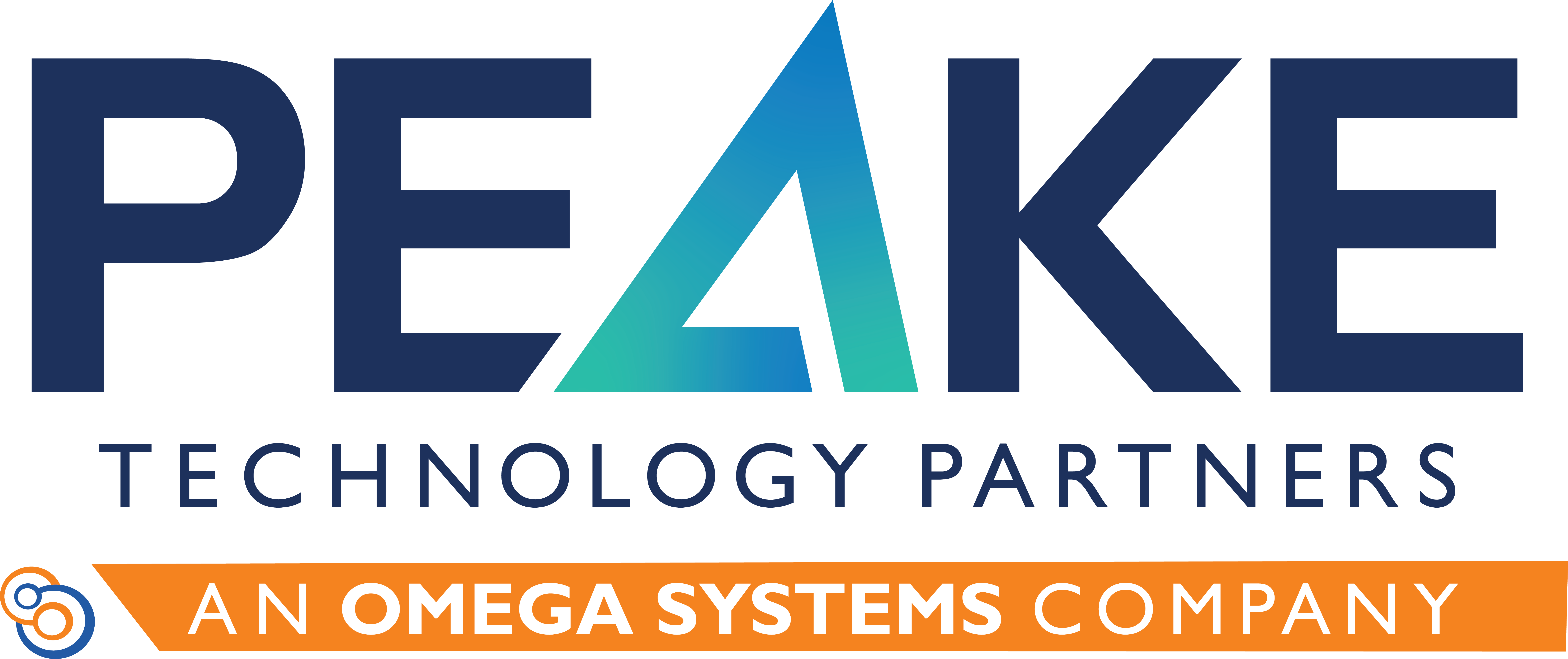Understanding the Importance of a Reliable Healthcare Cloud Provider
In the rapidly evolving landscape of healthcare technology, choosing a cloud provider isn't just a technical decision—it's a strategic move that can significantly impact your organization's operational efficiency and patient care. As healthcare providers increasingly rely on digital solutions to manage electronic medical records (EMR), coordinate patient care, and streamline administrative tasks, the role of a reliable cloud provider becomes central to these operations.
A healthcare cloud provider acts as a critical partner, offering the infrastructure to securely host patient data and support daily operations. Whether you are considering a public cloud platform like Microsoft Azure, a private cloud solution tailored exclusively for your organization, or specific healthcare software delivered via the cloud, your choice of provider can influence everything from data security to HIPAA compliance. Making the right choice helps prevent potential disruptions and ensures seamless integration with your practice's workflows.
Key Security Certifications and Compliance Standards to Look For
When evaluating healthcare cloud providers, security certifications serve as a testament to their commitment to safeguarding sensitive information. These certifications are akin to verifying a clinician's credentials—they assure you that the provider has met rigorous industry standards. Key certifications to look for include SOC 2 Type II and ISO 27001. These certifications indicate that a cloud provider follows best practices in managing data security and risk management.
It's crucial to verify that these certifications cover the specific services your practice requires and confirm that they have been recently renewed to ensure ongoing compliance. Regular certification renewals demonstrate the provider's dedication to maintaining high security standards, which is essential in the ever-evolving cybersecurity landscape.
Regulatory Compliance: Ensuring HIPAA and Beyond
Regulatory compliance is non-negotiable in healthcare, and your cloud provider should not only understand these requirements but actively support your efforts to meet them. HIPAA compliance is a fundamental aspect of working with protected health information (PHI) and a cloud provider must demonstrate a deep understanding of these regulations.
Look for providers that offer built-in HIPAA compliance tools, comprehensive audit logging, and automated compliance reporting. These features ensure that your practice can easily manage and document compliance efforts. Additionally, a trustworthy provider will readily sign a Business Associate Agreement (BAA), clearly outlining their responsibilities and security obligations. If a provider hesitates or complicates the BAA process, consider it a red flag.
Defensive Security Measures for Patient Data Protection
The healthcare industry is a prime target for cyberattacks, emphasizing the need for robust defensive security measures. A reliable cloud provider will offer more than just basic security; they will implement comprehensive strategies to protect patient data. Essential features include end-to-end encryption, which renders patient information unreadable to unauthorized users, and 24/7 security monitoring to detect and respond to threats in real-time.
Regular security updates and patches are vital to addressing vulnerabilities promptly, while multi-factor authentication adds an additional layer of login security to prevent unauthorized access. Furthermore, incident response protocols are crucial for quickly managing and mitigating the impact of any security breaches. Providers who also offer staff training on security practices can help reduce the risk of human error, which remains a significant vulnerability in cybersecurity.
Performance, Reliability, and Scalability in Healthcare Cloud Services
Downtime in healthcare can lead to frustrated patients, delayed care, and financial loss. Therefore, assessing a cloud provider's performance and reliability is crucial. Look for providers who guarantee at least 99.9% uptime, ensuring that your systems remain operational and accessible at all times. Inquire about their backup and recovery capabilities, including how often data is backed up and the speed at which systems can be restored after an outage.
Scalability is another important consideration as your practice grows. A scalable cloud solution can accommodate increased demand during peak times, such as Monday morning appointment rushes or end-of-month billing cycles. Ensure the provider has processes in place for seamlessly adding new providers or locations without disrupting existing services.
Essential Questions to Ask Potential Healthcare Cloud Providers
Selecting the right cloud provider involves asking the right questions to gauge their capabilities and suitability for your practice. Here are ten essential questions to consider:
- How quickly can you restore our systems following an outage?
- What is your average response time for urgent support issues?
- How do you manage security patches and updates?
- Can you provide references from similar-sized medical practices?
- What training programs do you offer for our staff?
- How promptly will you notify us if a potential breach is detected?
- What is your response time when a security threat arises?
- How will you communicate with our practice during security incidents?
- What specific support do you provide if a breach occurs?
- How frequently do you test your security systems, and can you share recent test results?
A quality healthcare cloud provider should offer clear, specific answers to these questions. Any hesitation or vague responses should prompt caution. Documenting and comparing these answers across different providers can help you make a well-informed decision that aligns with your practice's needs and goals. Fill out the form below for more information!



